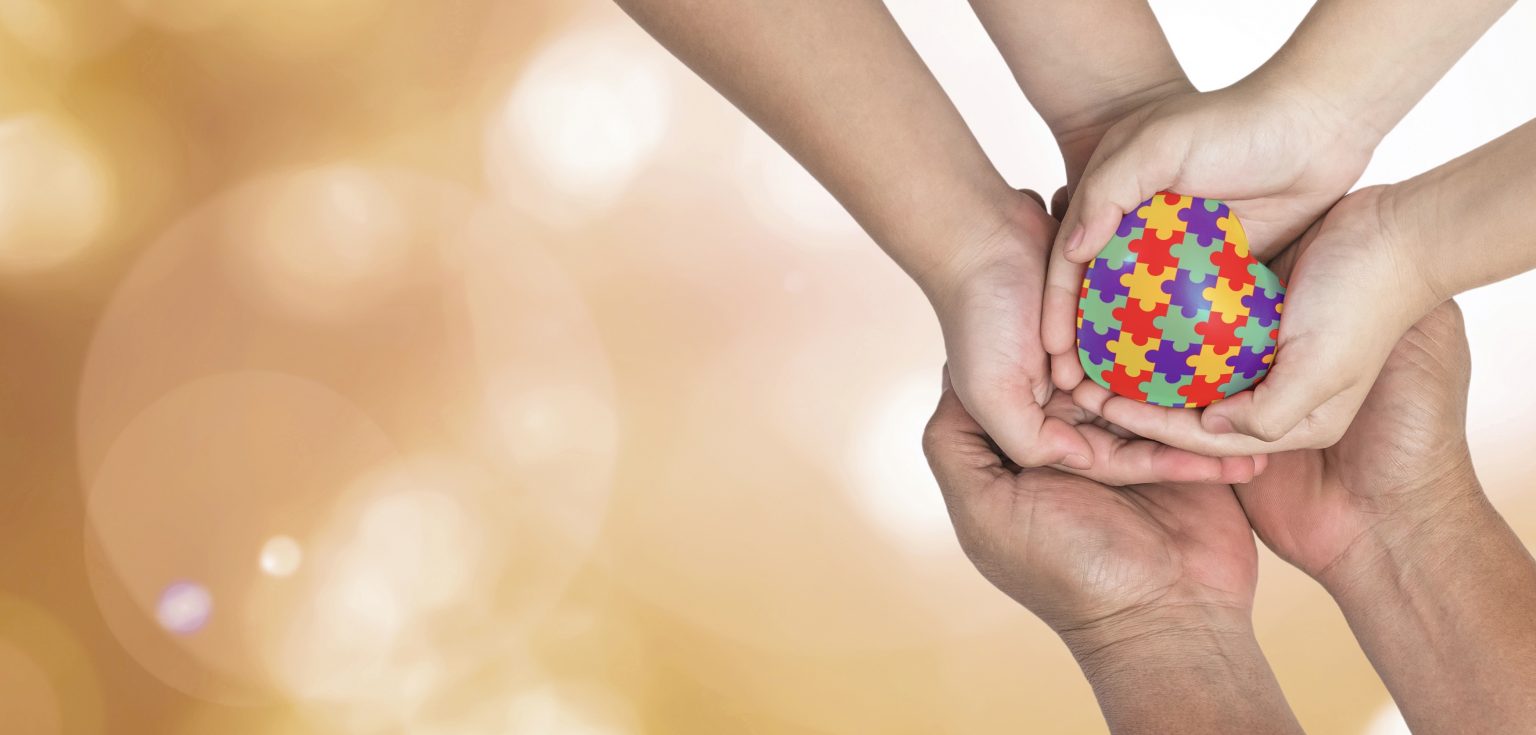When Bill Gaventa started to care for people with intellectual and developmental disabilities as a chaplain, he was afraid. But he began to grow closer to them, and when he learned about the discrimination they faced from the faith community, his fear turned to anger and advocacy on their behalf.
“A congregation can go through that same kind of movement of being afraid,” said Gaventa, a longtime expert in disabilities and spirituality, who spoke at the Fordham symposium “Tikkun Olam: Spirituality, Intellectual Disabilities, and Wholeness” on March 17. “What you will hear from me this afternoon are some reflections that come from years of trying to be a bridge between the world of spirituality and faith, on the one hand, and the worlds of secular and public services, private services, and advocacy on the other—trying to find ways for those two communities to talk with each other and to work together for the sake of people with disabilities and the quality of their lives.”
Spirituality can be an essential part of a person’s identity. This is the realm where people try to discover and make meaning for their lives and learn to cope with personal crises, including the diagnosis of a disability, said Gaventa.
Many people in the disabled community are spiritual, but their spiritual needs are often mishandled by the professionals who are responsible for their well-being, he said. A person’s spirituality is often viewed as a private matter, and the people surrounding them—disability service providers and faith communities, including churches, synagogues, mosques, and temples—frequently don’t know how to communicate to each other about their clients’ spiritual needs, Gaventa explained.
People with disabilities and their families want congregations to offer a welcoming and positive attitude, to create an accessible environment, and to give them opportunities to serve their community, according to research Gaventa cited from longtime expert Erik W. Carter, a professor of special education at Vanderbilt University.
In order for this to happen, there needs to be education and training for staff and parishioners, said Gaventa, who founded a summer institute that provides spiritual support for people with disabilities and their families. Perhaps most importantly, people from both parties need to listen to each other’s needs and develop authentic relationships, said Gaventa.
“At the heart of this, it’s about not programs or worship service … it’s about relationships,” Gaventa said. “How do we help people build relationships beyond the circle of relationships that they [already]have?”
People with disabilities and their congregations can teach and learn from each other, said Gaventa, including families with children who have autism.
“If somebody [with autism]has grown up in that faith community, and people have gotten to know them and got to know the person behind those behaviors and what people are trying to do both at school and at the faith community, then you can work on ways [to help them],” Gaventa said. “One, help the individual learn the kinds of things that are typical to learn and show them how to do it and provide multiple opportunities for them to practice. And on the other hand, help the community learn that [there are]some things people can change, and some things they cannot.”
One good example is the Archdiocese of Newark, which collaborated with Caldwell College to teach children with autism and other disabilities to attend Mass, Gaventa said.
“If you told me 20 years ago that we were going to marry applied behavioral analysis with CCD [religious education classes], I would have said there was no way because they don’t talk the same language,” Gaventa said. “People can begin to change.”
Gaventa recalled a story from a Methodist church in South Jersey, where a visiting clergy member asked a mother with a disruptive child with disabilities to leave.
“The mother was just heartbroken by that and really hurt. The regular pastor found out about that, and finally said to the mom, ‘Come back, come back.’ Her son started to [become disruptive]again, and the mom started to get up and leave. And the pastor said from the pulpit, ‘Stop right there—he is part of our community. We’ll figure this out.’”
The virtual symposium was co-sponsored by Fordham’s Graduate School of Religion and Religious Education and the Fordham Research Consortium on Disability. A full recording of the event will be posted here.

